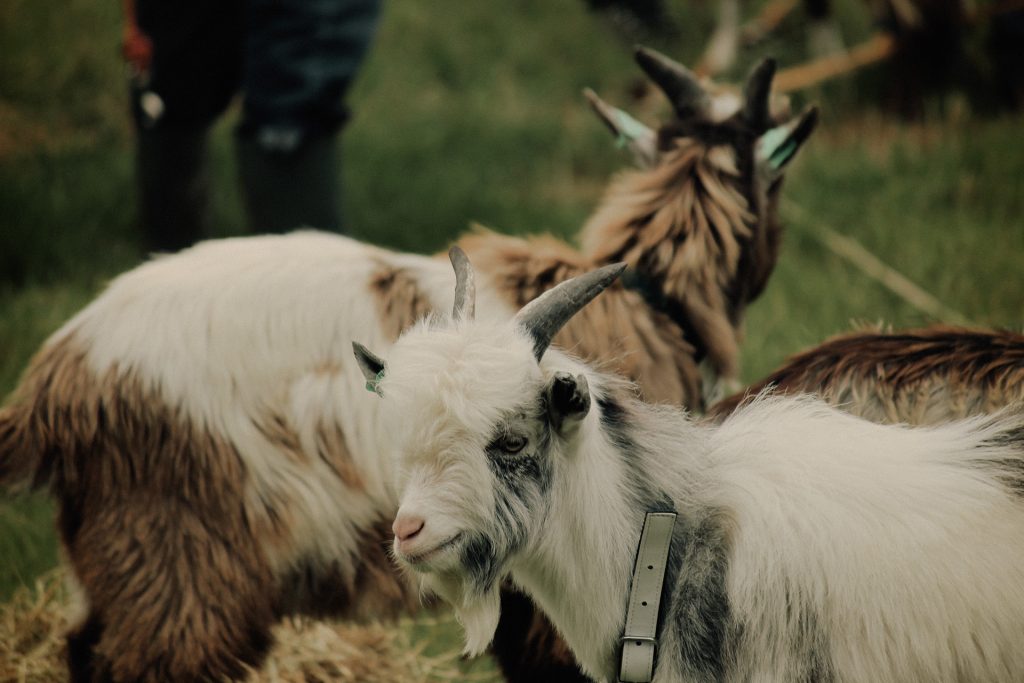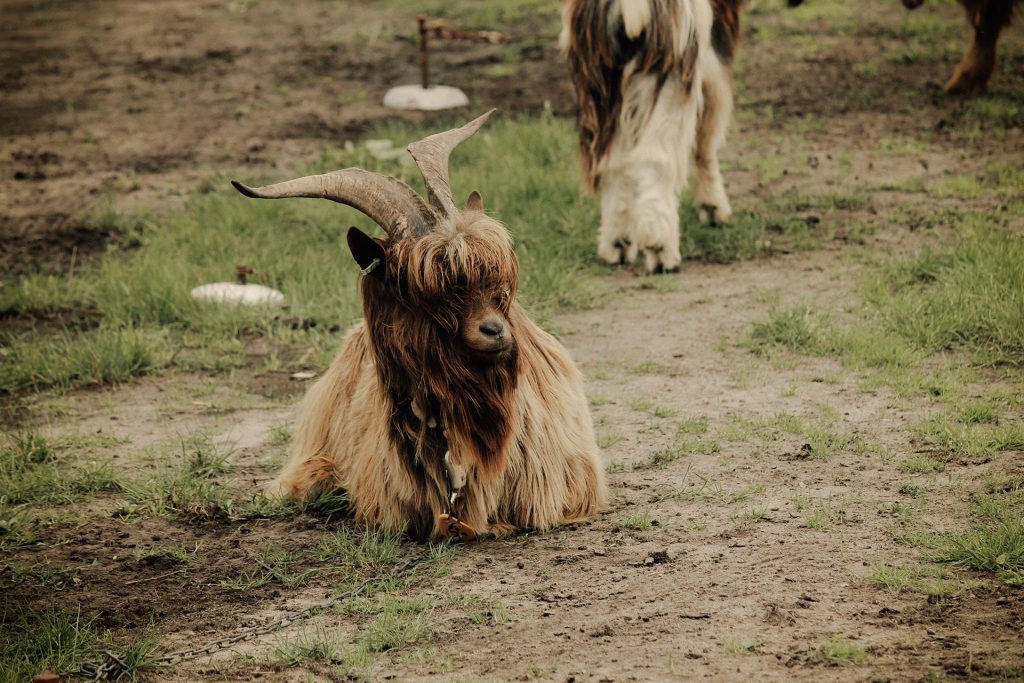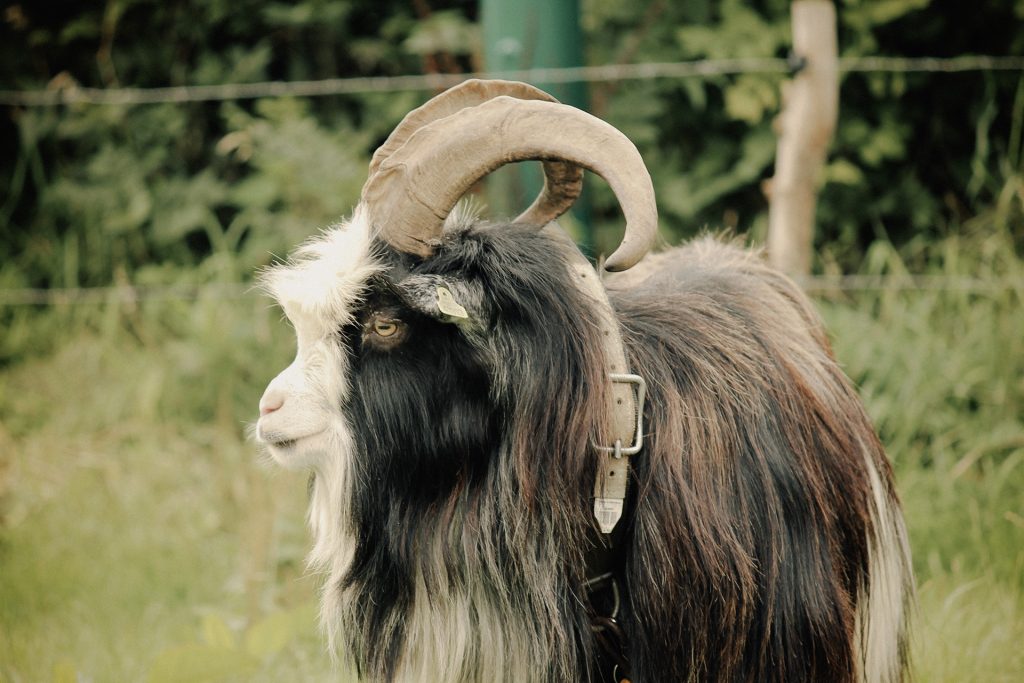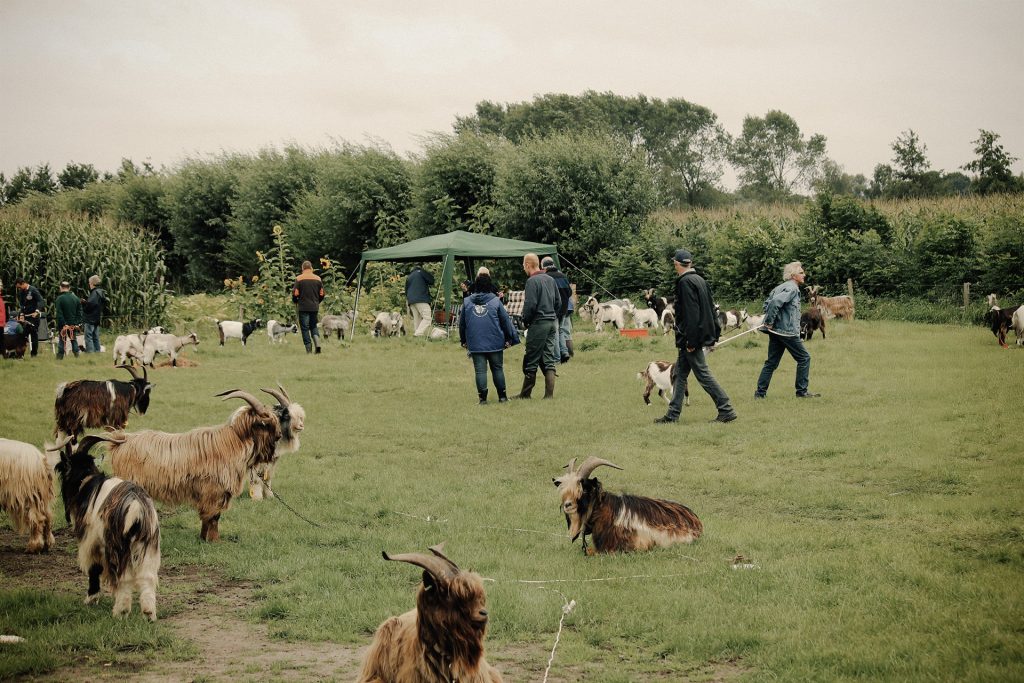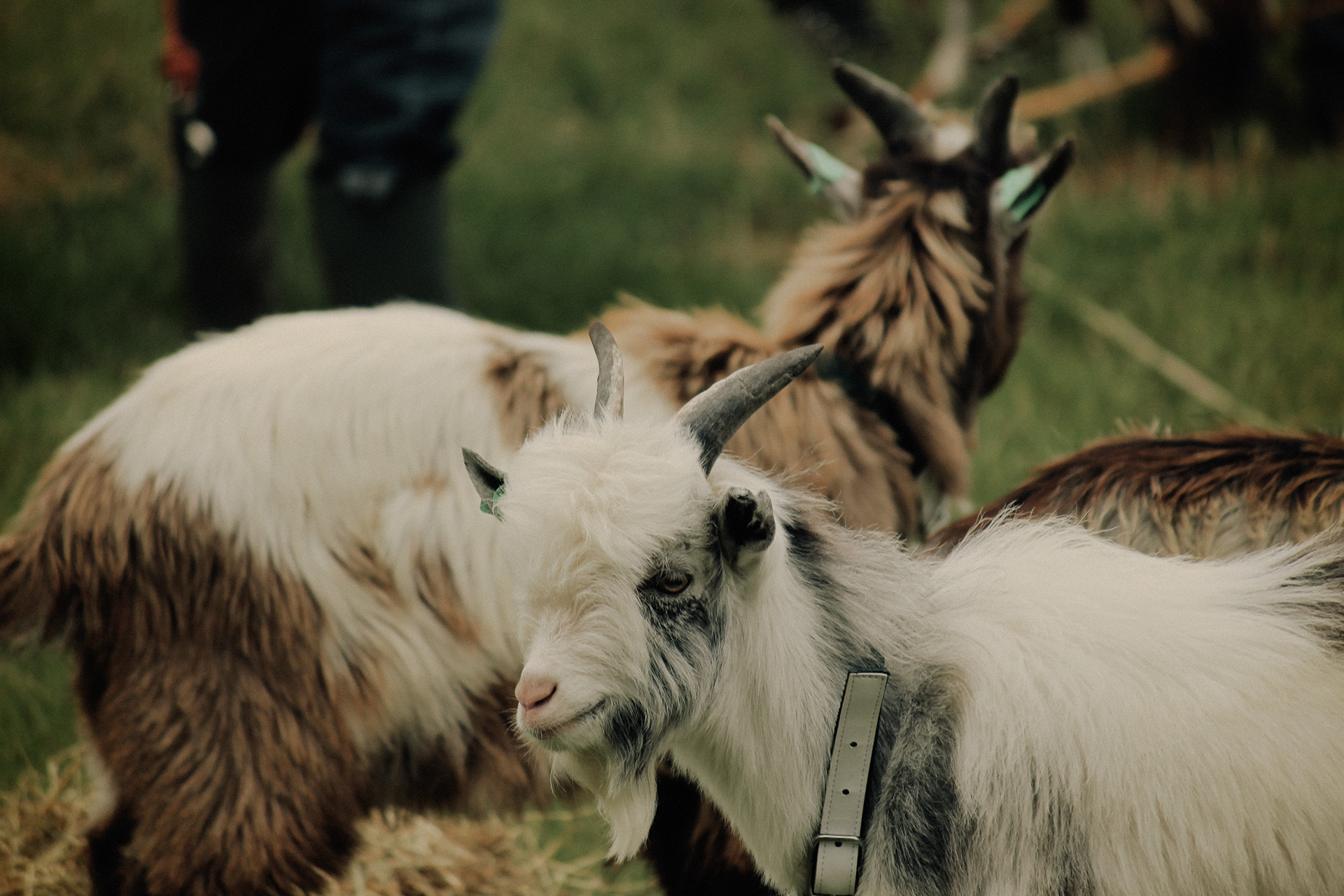
Inspection of Dutch land goats
Discover the robust Dutch Land Goat on August 10 at the land goat inspection. From 11:00 a.m., these unique animals, known for their wild appearance and strong adaptability, will be judged by experts. Come and have a look and learn more about this versatile and sustainable goat breed.
-
10 August
-
11:00h-17:00h
Dutch land goats are judged by the National Breeders’ Club South department. Every year, judges check whether they meet the characteristics that a land goat should have. Feel free to come and take a look at this inspection.
About the Dutch land goat
The Dutch land goat is one of the oldest and most traditional goat breeds in the Netherlands, and plays an important role in the country’s agricultural heritage. This breed is unique because of its strong adaptability and robust health, which made it particularly suitable for surviving in the often harsh Dutch climate conditions.
The Dutch Land Goat has a rather wild and robust appearance. The goats have long, shaggy hair and a large beard. They are usually black, brown, or variegated in color. A striking feature is the backward-pointing horns that occur in both males (bucks) and females (goats). In addition, they are known for their erect ears and their independent and sometimes quirky nature.
It is a versatile and sustainable breed, which is not only an important part of rural life in the Netherlands, but also contributes to the preservation of biodiversity and agricultural traditions.
Discover more activities
Use of goats on and around the farm
Goats were traditionally kept for their milk, which was used for direct consumption within the household or for making cheese and other dairy products. And although less common than sheep or pigs, goats were also sometimes kept for their meat.
The manure of goats was used as a valuable source of nutrients for the farmlands. Goats are known for their ability to graze in areas with high weeds and rough vegetation, which made them effective at managing the growth of unwanted plants around the farm.

